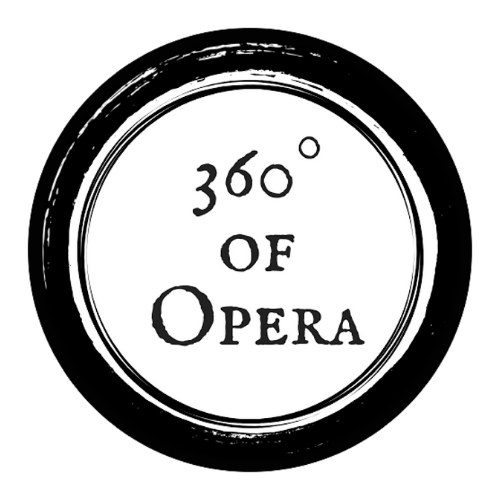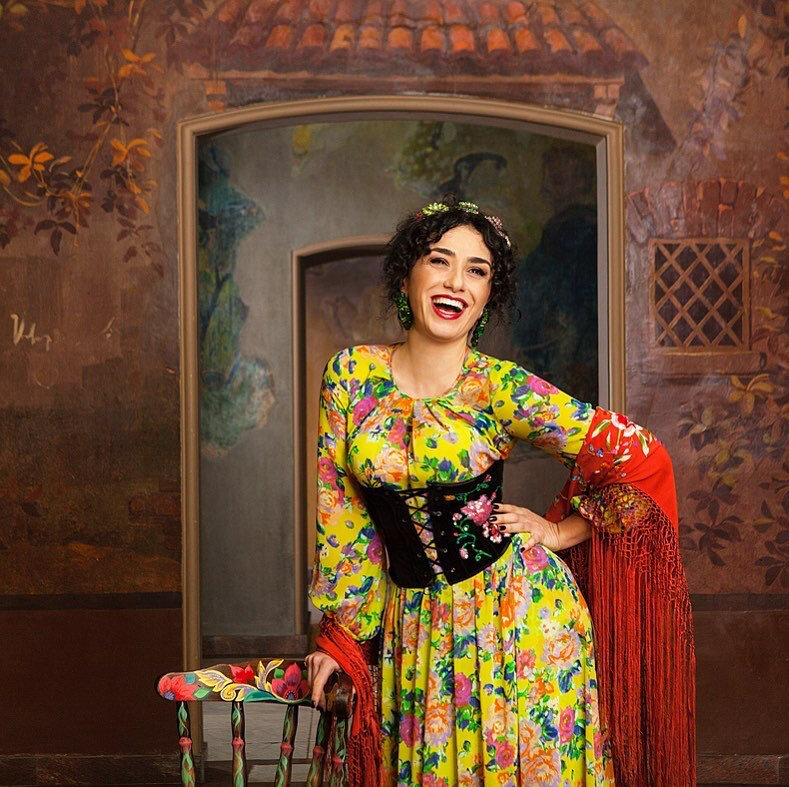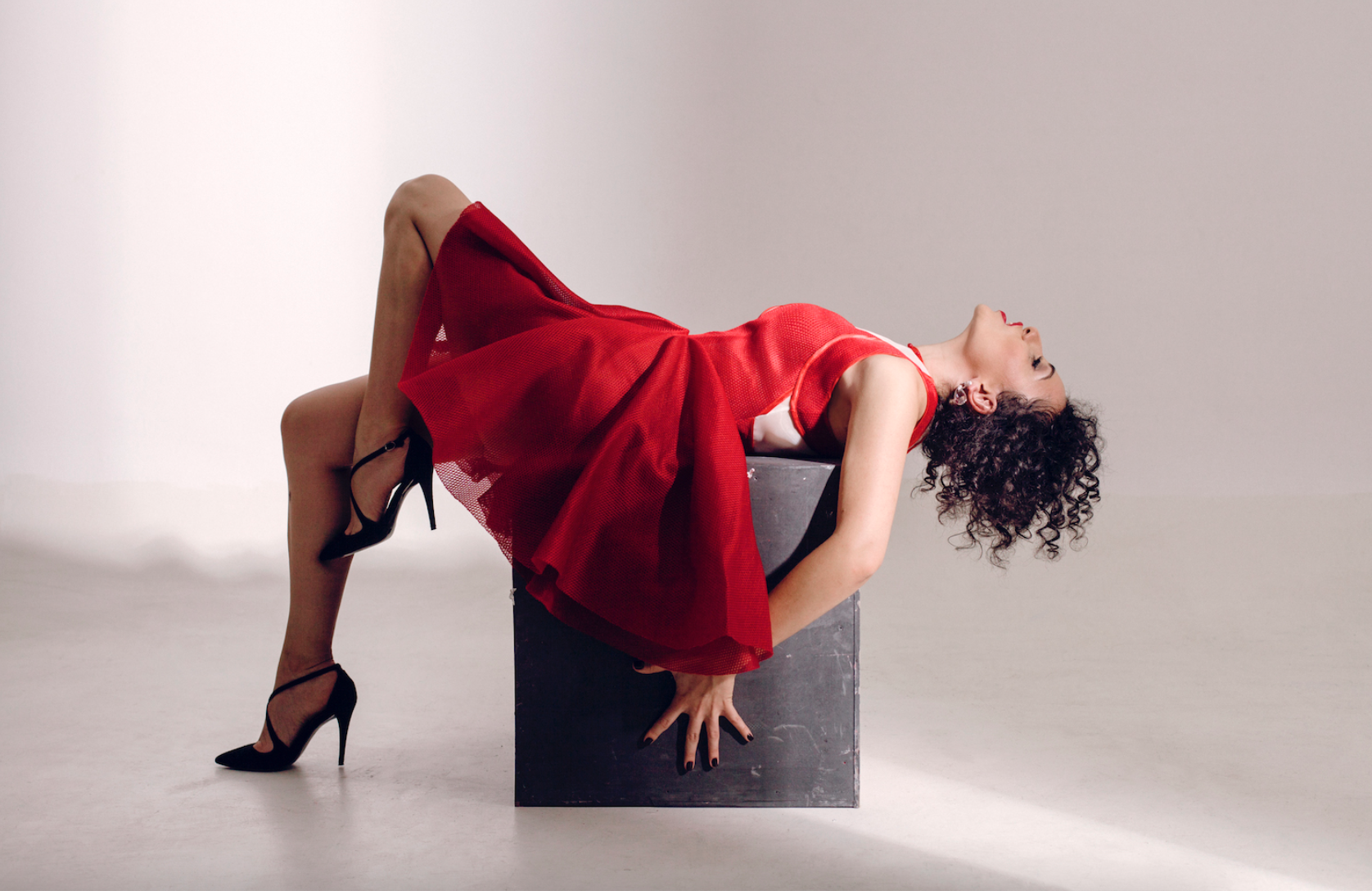Atelier d’Excellence Artist Spotlight: Ketevan Kemoklidze, mezzo-soprano
As Atelier d’Excellence prepares to launch the second edition of the Opera Role Prep Lab, we had the pleasure of interviewing their next Guest Master Teacher, international mezzo-soprano Ketevan Kemoklidze.
In these AdE labs, singers have the opportunity to study a role under a renowned Opera singer praised worldwide for their interpretation of the featured Opera's main character, joined by an acclaimed conductor/coach. All mentors follow a holistic approach incorporating all relevant elements such as musicality, technical issues, interpretation and improvement of language skills.
This second edition focuses on Bizet’s Carmen and will be led by both Ketevan Kemoklidze and Spanish pianist/coach/conductor Ricardo Estrada.
Ketevan Kemoklidze is an internationally renowned mezzo-soprano in high demand by major theaters of the world for her extraordinary vocal and stage skills. Born in Tbilisi, Georgia, she received her Master degree at the V. Sarajishvili State Conservatoire (Proff. G. Kariauli). After being awarded the Special Prize of Teatro alla Scala at the H.G Belvedere competition she was admitted in the Academy of Teatro alla Scala without an entrance exam. She is a winner of prestigious international voice competitions including Operalia, the Concours International de Chant de la Ville de Toulouse, the F. Viñas Competition of Barcelona, the H.G. Belvedere International Competition in Vienna, the E. Obraztsova International Vocal Competition in Saint-Petersburg and the Georgian Musicians National and Youth Competitions.
Since then, she has performed at many of the world's major opera houses including: Teatro alla Scala, Arena di Vernona, Teatro la Fenice, Teatro Real Madrid, Gran Teatre del Liceu, Deutsche Oper Berlin, Theatre du Capitole in Toulouse, Teatro Regio di Parma, Teatro Massimo in Palermo, Opera de Nice, Opera National in Montpellier, Deutshe Oper am Rhein, Teatro Municipal de Santiago, Opéra Municipal de Marseille, Washington National Opera and Los Angeles Opera, among many others.
After her outstanding debut as Carmen at Tokyo New National Theatre she has been frequently invited to the world's leading venues to perform the iconic role of the fiery gypsy, including Semperoper in Dresden, Teatro dell´Opera di Roma (Caracalla), Deutsche Oper Rhein, Opera de Québec, Mariinsky Theatre, Teatro Verdi di Trieste and in Boston.
1. What place does the role of Carmen hold in your career and what has been a highlight of your performances of it for you?
The role of Carmen in the career of mezzos is always very important. She is both loved and hated by people. A lot of women see themselves in Carmen or they want to be a Carmen. For me, Carmen gives me the possibility to present myself without limitations. I return to my childhood with this role, because she gives me total freedom. I was asked from the beginning of my career to sing this role, but I tried to postpone this debut as much possible. I wanted to be able to sing all the way open with my voice and to act her real character, not just a beautiful, sexy woman. To achieve this, I knew that I needed experience and artistic maturity. In 2014 I made my Carmen debut at Tokyo New National Theatre and from then on, the role became for me what Italians call “cavallo di battaglia”. Every year, I sing several productions of Carmen and every time I fall in love with her. Even if I have a huge repertoire, I am very connected to this woman. I think because inside of me there is a part of Carmen.
2. You have a very varied repertoire and have sung everything from lighter pants roles, to Bel Canto, to dramatic repertoire. Where do you feel the most at home these days vocally and stylistically, and why?
Yes, I am lucky to have sung a varied repertoire, which I owe to my voice and to my technique, as well as having made the right decisions. I have always known well what I could sing and I have never tried to exaggerate. Now I feel at home in the current repertoire that I am singing: French music, Bel Canto and some Verdi roles like Eboli and Preziosilla. Even this year when I had to make debut as Amneris in Aida, I am still singing Rossini because my voice naturally has agility and I really love sing Rossini. I would like to return to some Mozart roles like Dorabella or Sesto, but once a singer sings some roles like the ones mentioned above, it’s difficult to be offered these roles by Mozart.
3. You have more performances of Carmen coming up this year at Teatro de la Maestranza in Spain and at Soirées Lyriques Sanxay in France. What is your biggest hope for these upcoming performances? Do you find that your interpretation of this role has evolved with time and life experiences?
The biggest hope I have is to finally return to the stage and especially with a role like Carmen, which I love so much and I have missed so much. I am very much looking forward to meeting my audience again because what I missed in this period of time is the real relationship with them, and not just connecting virtually. Because of the pandemic, more than 20 performances of Carmen were cancelled and now I really hope to sing these two upcoming ones. Especially because after 30 years, Carmen returns to Teatro de la Maestranza and it will be a great challenge to sing Carmen in her hometown.
4. What is something special that your particular background and roots allow you to bring into the role of Carmen?
I think for Georgians the most important thing is freedom: our entire history is about fighting for freedom. This is my important background, wich I bring into the character of Carmen.
5. What are you most looking forward to in teaching this Role Preparation Workshop with Atelier d’ Excellence? What can participants expect?
I think everyone has their own Carmen and all of them could work, because the character of Carmen is just endless. But for me, it will be important to help young singers to understand how to pull out their own Carmen vocally, through musical and textual interpretation. I want to help them find the skills to create their own version of Carmen, and not just be influenced by clichés.
6. What is a message of hope you can share with singers in training during these uncertain times?
I think if you are doing what you love and what makes you happy there are no uncertain times. There is just a little delay. After every night the sun rises and we have to meet it ready, full of energy and new knowledge.
We kindly thank Ketevan Kemoklidze for her time and answers and encourage you to apply to Atelier d’Excellence’s Carmen Role Prep Lab before February 28, 2021.
For more information, please visit the organization’s website and don’t miss AdE’s Prelude conversation with Ketevan:
Photo Credits: Ketevan Kemoklidze’s website







